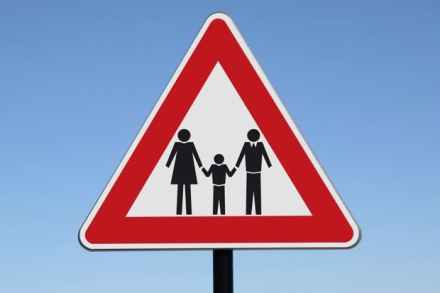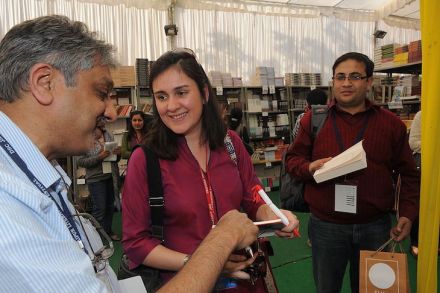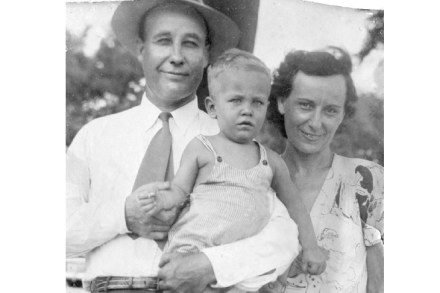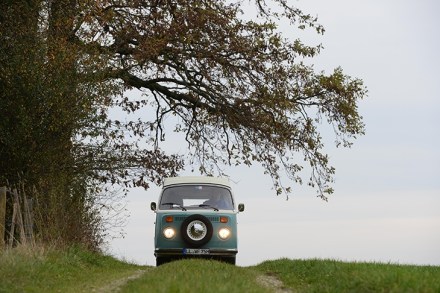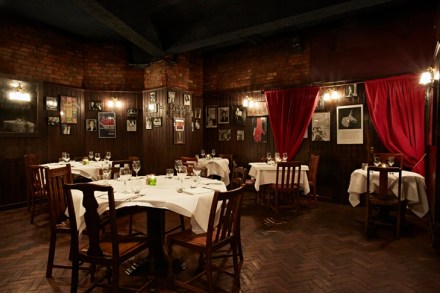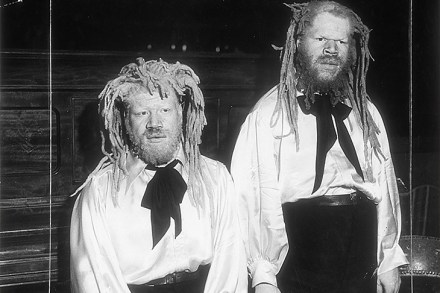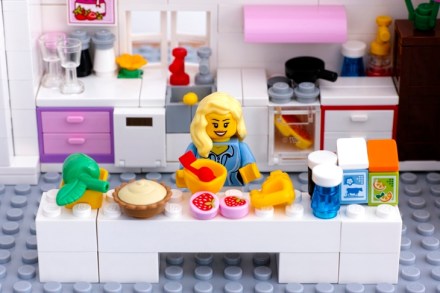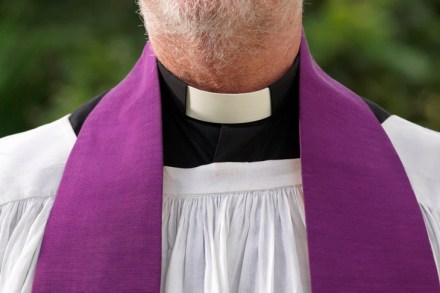Tory Bosses should realise the public back the family. Why won’t they?
We are likely to hear a lot about ‘social reform’ at Conservative Party Conference. This Frankenstein’s brother of social justice will be bandied around as party bosses try to define the government by something other than Brexit. Whilst we can expect the Prime Minister to super charge her socially reforming credentials one issue we’re unlikely to hear much about is the role of families play in these plans. What was once ‘the party of the family’ now struggles to even mention the word. On Tuesday Spectator Editor Fraser Nelson will chair a conference bun fight on this issue and ask a panel including Iain Duncan Smith and Cristina Odone why


